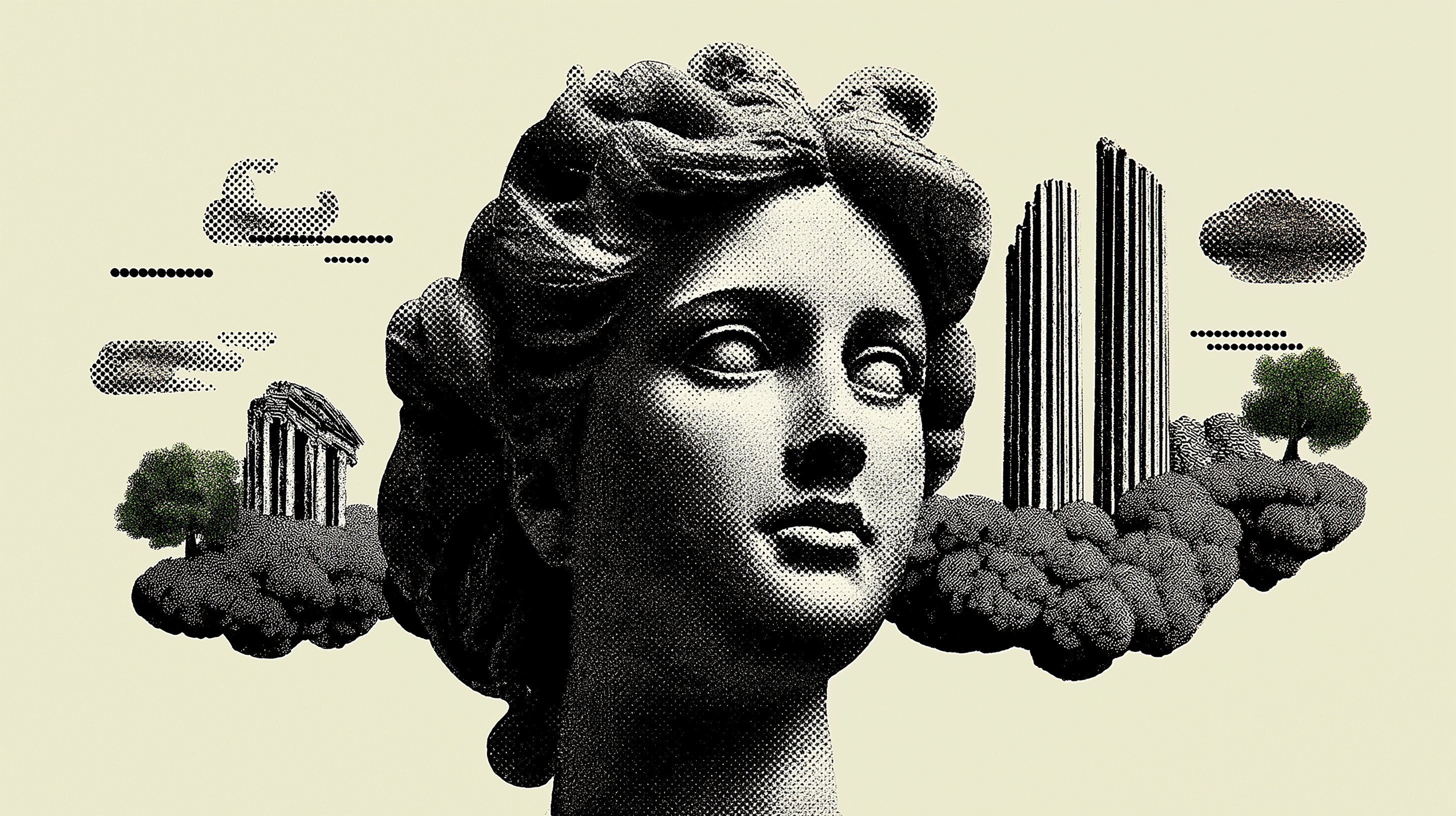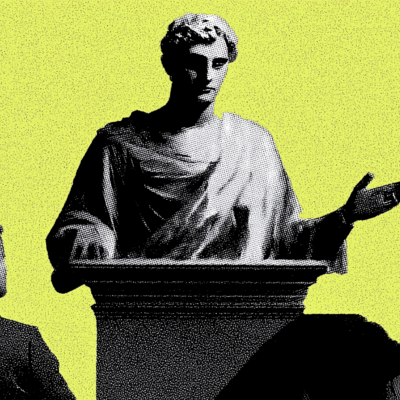
Was this newsletter forwarded to you? Sign up to get it in your inbox.
Two years ago, I was a content marketer who could barely get out of bed. Now, I build AI systems that influence how everyone at Every creates. If that sounds like an unlikely career pivot, that's because it is. It's also one way work can work in the age of AI.
The pivot played out in two acts. Act one started when a bout of depression had me staring at blank Google Docs through tears, desperate for anything that could help. ChatGPT became my lifeline—first for basic tasks, then for entire workflows. Within months, I had prompts for everything: speedrunning first drafts, turning revisions around in 20 minutes, transforming interview transcripts into outlines before my coffee got cold. I went from barely functioning to hyperproductive, from analog marketer to AI power user.
Act two started at 2 p.m. on a Thursday one month ago. I was in a Zoom call with Every CEO Dan Shipper and editor in chief Kate Lee, talking about how I could help operationalize AI at Every. By 2:27 p.m. ET, the news was out on the company's Discord, and Dan was posting on X about how I was going to automate him out of a job.
What began as a random assortment of hacks and side projects had somehow coalesced into a job description. And I think that's an under-represented dimension of how AI is impacting work. You see plenty of articles questioning the long-term stability of the white-collar labor force or the employment prospects of new grads. What you don't see as often are stories from people moving into the weird new spaces that AI is opening up.
Millions of knowledge workers are staring at ChatGPT wondering if they're about to be automated out of existence. The plot twist of AI is that the skills they already have—the ones that got them this far—are exactly what they need to thrive in the AI era.
As baffling as it is to me, I am one of those people who stumbled into AI's weird new spaces. This isn't a career guide or a listicle of "10 AI skills you need now." It's the story of how a German literature major with depression accidentally became an AI operations lead—and how a series of experiments, screenshots, and one Zoom call turned my side projects into a job that I didn't know existed six months ago.
AI doesn't care about your résumé
It didn't occur to me how sudden my career turn was until I tried explaining it to my parents. During one call, as I yammered on about “AI-powered workflows” and “vibe coding,” my mom interrupted: "I'm just trying to understand where all this is coming from."
Now my parents have a post-call ritual. Mom asks Dad, "Did you understand any of what she said?"
He replies, "No, but as long as she's happy."
The large language model on the other end of my laptop is just as oblivious to my credentials as they are. ChatGPT has never glanced at my LinkedIn profile. Claude doesn't know I'm "not technical." The models reward two inputs: clear thinking and good questions.
That's exactly what my humanities degree trained me to do. Four years of deconstructing German grammar and explicating Victorian poetry taught me to slice sprawling, baffling texts into bite-size logical units—the same muscle I use now when parsing error messages or evaluating prompt outputs.
AI doesn't care about your traditional qualifications. It rewards completely different things: pattern recognition from years of analyzing sales data, the persistence you developed debugging Excel formulas, the clarity you learned writing executive summaries that actually get read. These underlying skills, the ones that seldom get their own line on a résumé, are what AI makes visible—and valuable. The cognitive muscles you've been building all along, the ones no certification captures, might be exactly what makes you good at this.
Your secret experiment could be someone's solution
AI found its way into my life as a lifeline, not a career move. In late 2022, I was trying to hold onto a job as an in-house content marketing manager while wading through waves of debilitating depression when I first heard about this hot new tool called ChatGPT.
At the time, most of what I heard was that it could write sonnets and solve coding problems—cute party tricks, but not the kind of thing that screams this will change how you work. But as I stared at the mountain of content briefs I needed to complete on a weekly basis, I wondered: Could it draft a first version of these briefs, just so I could get something on the page?
The Only Subscription
You Need to
Stay at the
Edge of AI
The essential toolkit for those shaping the future
"This might be the best value you
can get from an AI subscription."
- Jay S.
Join 100,000+ leaders, builders, and innovators

Email address
Already have an account? Sign in
What is included in a subscription?
Daily insights from AI pioneers + early access to powerful AI tools






.53.16_AM.png)
.png)

Comments
Don't have an account? Sign up!